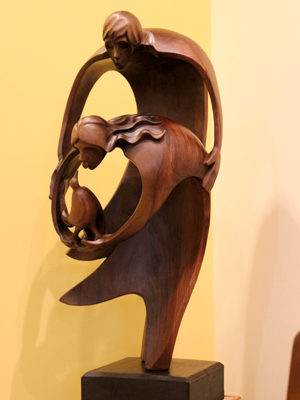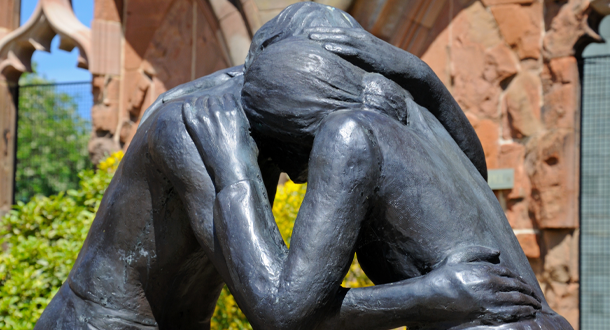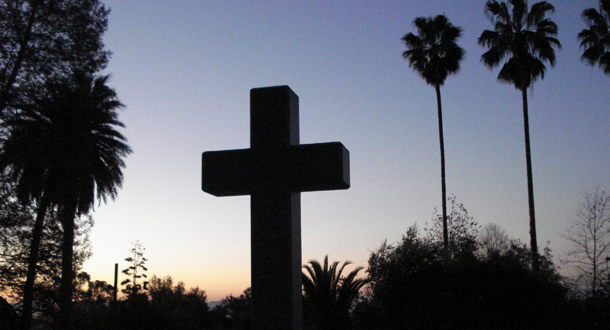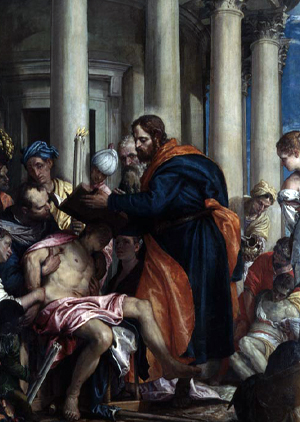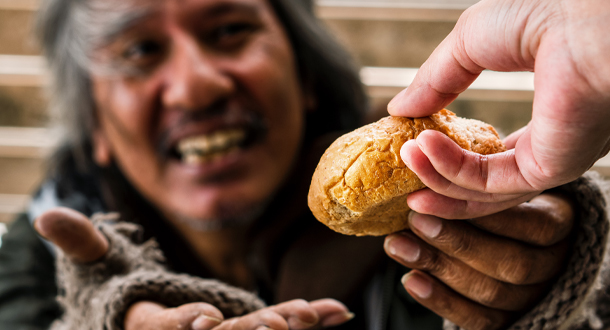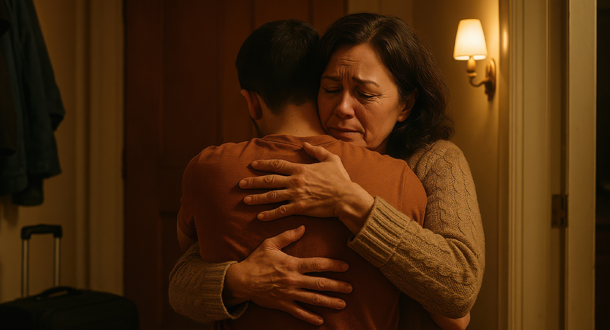
Scripture:
2 Corinthians 8:1-9
Matthew 5:43-48
Reflection:
I once knew a woman whose fiercest enemy was her son. For years, her son crucified her. He blamed his mother for all his problems. He belittled and demeaned her. He could be relentlessly cruel in his words and his actions. On his better days, he simply ignored her, treating her with cold indifference as if she did not exist. But she never closed her heart to the son who could find no room for her in his. Instead, she insisted on loving this son who was proud to have become her enemy. To many, this mother’s love seemed not only unreasonable, but downright unnatural, even dangerous. But her love, though undeniably costly, was also surprisingly powerful, because over time it defused her son’s hatred, cooled his anger, and softened his stony, brittle heart. Eventually, the son was no longer dying from hatred but walking again in the way of love. He had been rescued and redeemed by love. Thanks to his mother, he was brought back to life.
In today’s gospel, Jesus tells us that we must love our enemies and pray for our persecutors. Yes, it makes sense to love only those who love us and to hate whoever hates us; but if, as this mother so poignantly demonstrated, we practice that kind of cozy and comfortable love, nothing ever changes. Enemies will never be reconciled, adversaries will never be friends, wounded hearts will never be healed because we remain stuck in a love that takes us nowhere, a love so conventional and predictable that truly nothing can come of it.
Jesus concludes this lesson on love by exhorting us to “be perfect, just as your heavenly Father is perfect.” We are to be as God is. And we are when we commit to a love that never dies, a love that refuses to give up, a love that always seeks to forgive, reconcile, heal, and make whole. That’s a love powerful enough to start something new. It may even bring the dead back to life.
Paul J. Wadell is Professor Emeritus of Theology & Religious Studies at St. Norbert College in De Pere, Wisconsin, and a member of the Passionist Family of Holy Cross Province.


